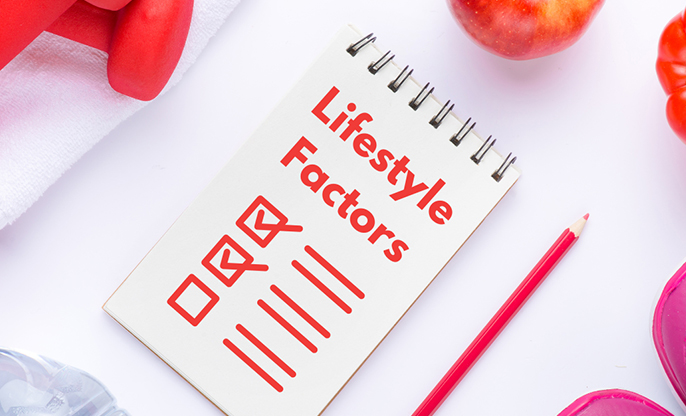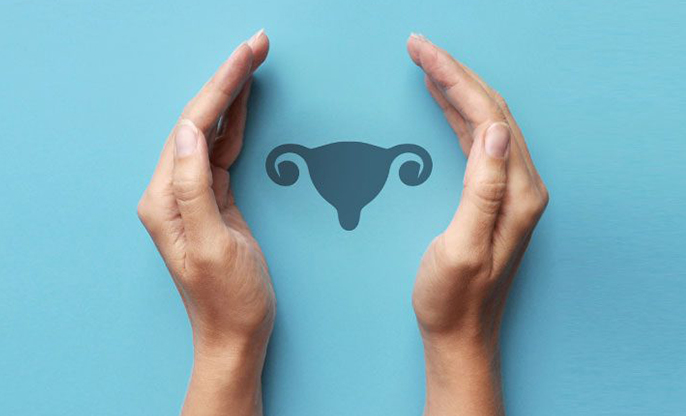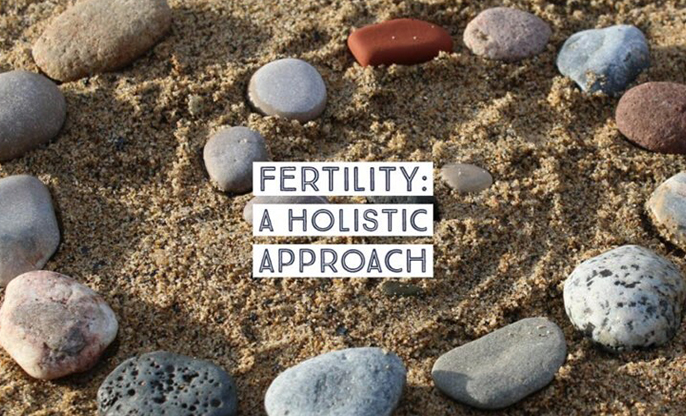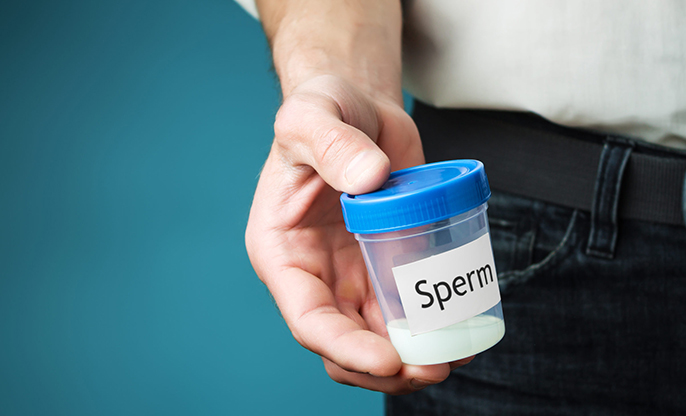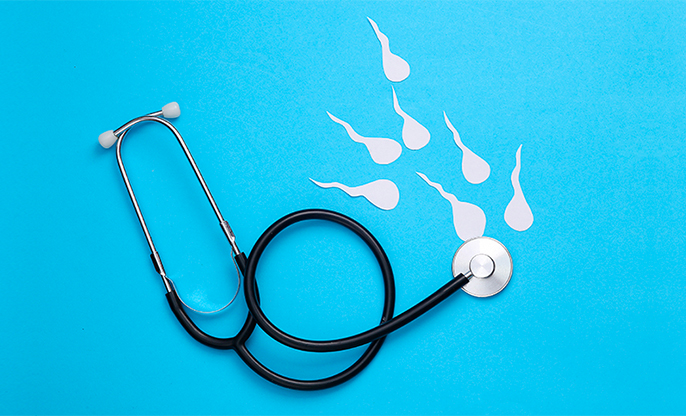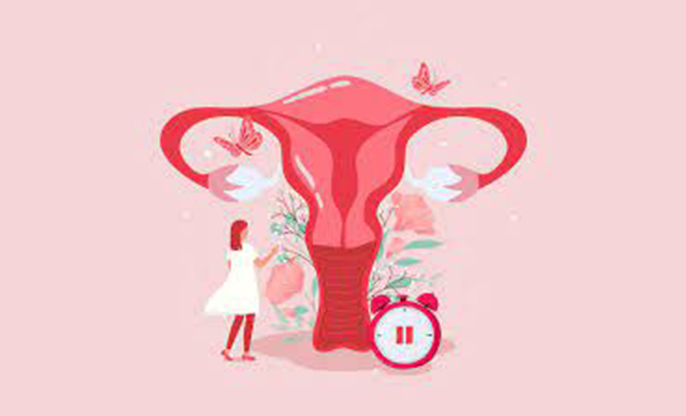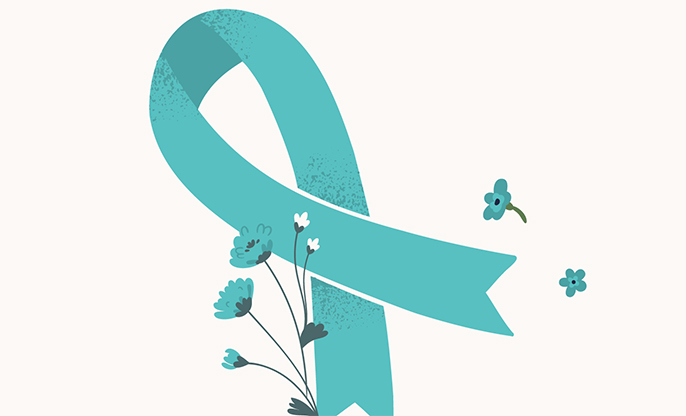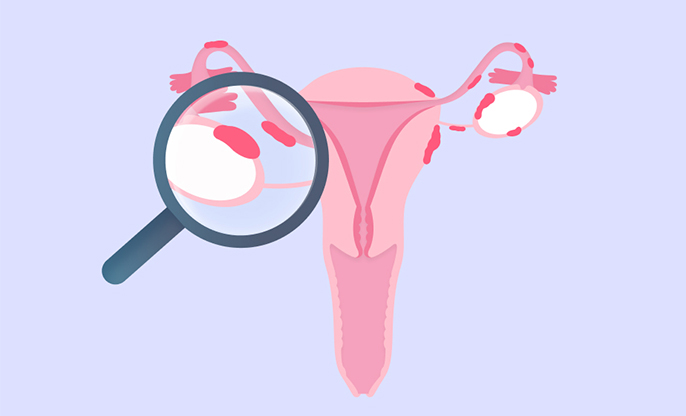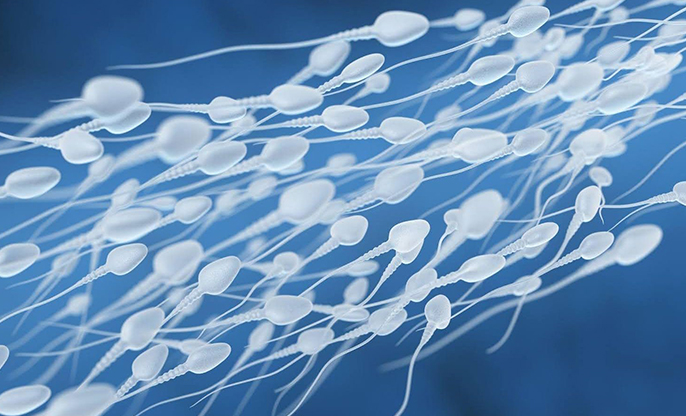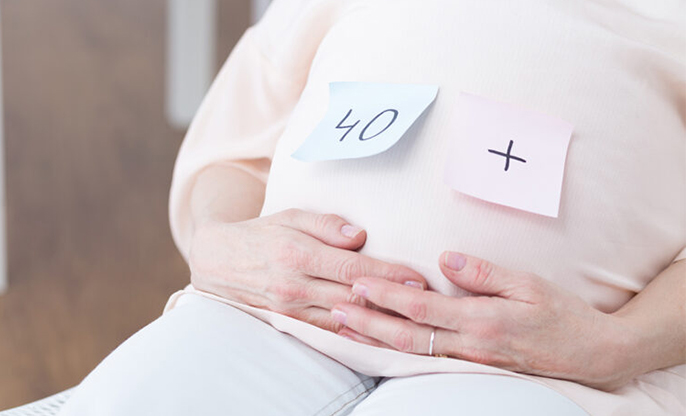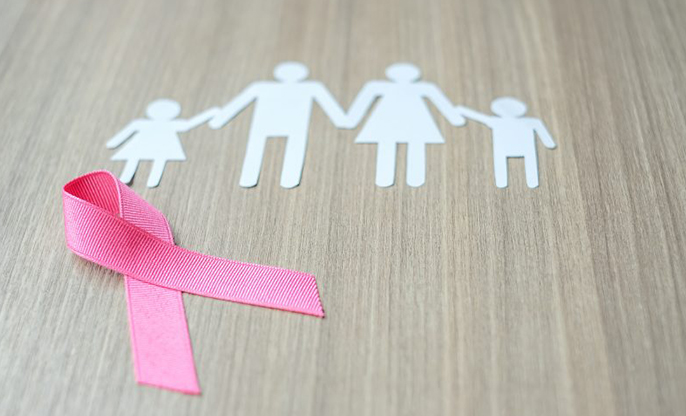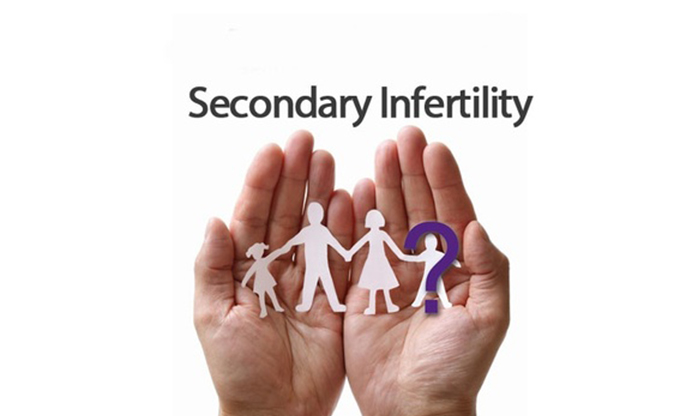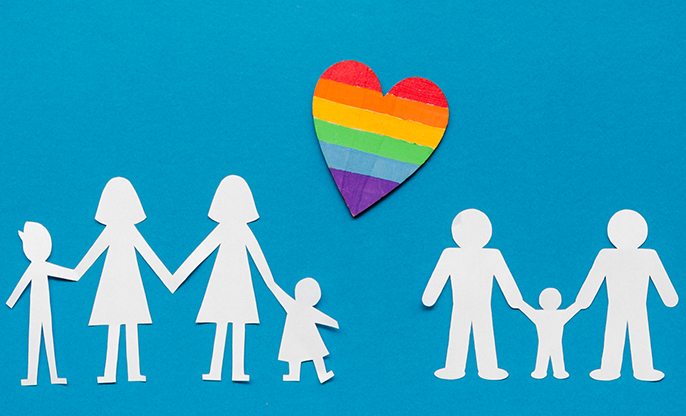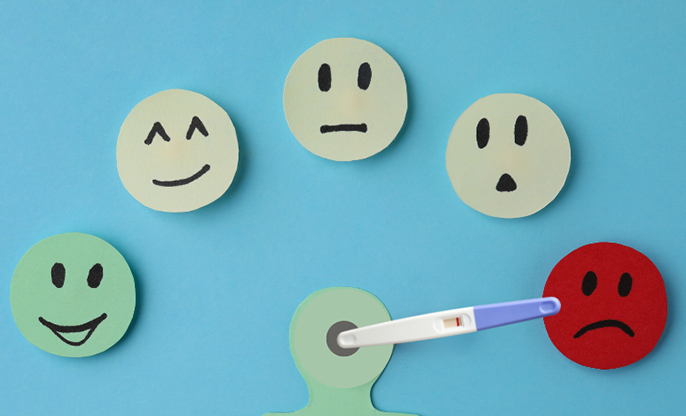
Understanding stress and its impact
Modern lifestyles in India,
especially in urban areas, are characterized by high stress due to demanding
work environments, traffic congestion, and other daily pressures. Stress
adversely affects the hypothalamic-pituitary-adrenal (HPA) axis, disrupting hormonal
signalling pathways which are considered to be vital for reproduction. This
imbalance can lead to irregular menstrual cycles, ovulatory dysfunction, and
decreased sperm quality, ultimately impacting fertility.
In easy words - stress triggers a complex hormonal response in the body, primarily involving the release of cortisol, known as the stress hormone. Elevated cortisol levels due to chronic stress can disrupt the delicate balance of reproductive hormones, affecting ovulation in women and sperm production in men.
Impact on female fertility
For women, stress can lead to
irregular menstrual cycles, ovulatory dysfunction, and even affect the release
of the luteinizing hormone (LH), crucial for ovulation. Many studies indicate
that stress can delay conception by affecting the timing and regularity of
menstrual cycles, thereby reducing the window of fertility each month.
Let’s deep dive into top 5 impacts of stress in women fertility!
1. Disruption of hormonal balance
- Stress activates the body's "fight or flight" response,
leading to increased cortisol production. Elevated cortisol levels can
interfere with the regular hormonal fluctuations necessary for the
menstrual cycle.
- Irregular or absent menstrual cycles, known as amenorrhea, can
result from chronic stress. Ovulation may be disrupted, making conception
more challenging.
2. Anovulation:
- Stress-related hormonal imbalances can lead to anovulation, where a
woman does not release a mature egg during her menstrual cycle. Without
ovulation, fertilization cannot occur.
3. Reduced Egg Quality:
- Chronic stress may lead to oxidative stress, which can harm oocytes
(eggs) and reduce their quality. Poor egg quality is associated with a
higher risk of infertility and miscarriages.
4. Altered Cervical Mucus:
- Stress can affect cervical mucus production, making it less
conducive to sperm transport. This can hinder sperm's journey through the
cervix and into the uterus.
5. Impaired Implantation:
- Stress can compromise the uterine environment, making it less receptive to embryo implantation. Even if fertilization occurs, the embryo may struggle to implant and develop.
Impact on Male Fertility
In men, stress can impair sperm
production, motility, and morphology. Studies suggest that stress negatively
affects semen quality, reducing sperm concentration and overall fertility
potential. Chronic stress can also impact sexual function, leading to erectile
dysfunction or decreased libido.
Let’s deep dive into top 5 impacts of stress in male fertility!
1. Reduction in Sperm Quality:
- Stress can lead to the overproduction of reactive oxygen species
(ROS) or free radicals in the body. These molecules can damage sperm DNA,
impair sperm motility (movement), and reduce sperm count.
2. Decreased Sperm Concentration:
- Chronic stress can lead to hormonal imbalances, including elevated
cortisol levels, which may reduce the production of luteinizing hormone
(LH) and follicle-stimulating hormone (FSH). These hormones are crucial
for sperm production in the testes.
3. Erectile Dysfunction (ED):
- Stress can contribute to the development or exacerbation of erectile
dysfunction. Anxiety, depression, or psychological stressors can hinder a
man's ability to achieve or sustain an erection, impacting sexual
function.
4. Ejaculatory Issues:
- Stress can affect ejaculation, leading to premature ejaculation or
delayed ejaculation. These ejaculatory disorders can hinder the chances of
conception.
5. Altered Testicular Function:
- Stress-related hormonal changes may impact the hypothalamic-pituitary-gonadal (HPG) axis, a system critical for testicular function. Altered testicular function can further reduce sperm production and quality.


